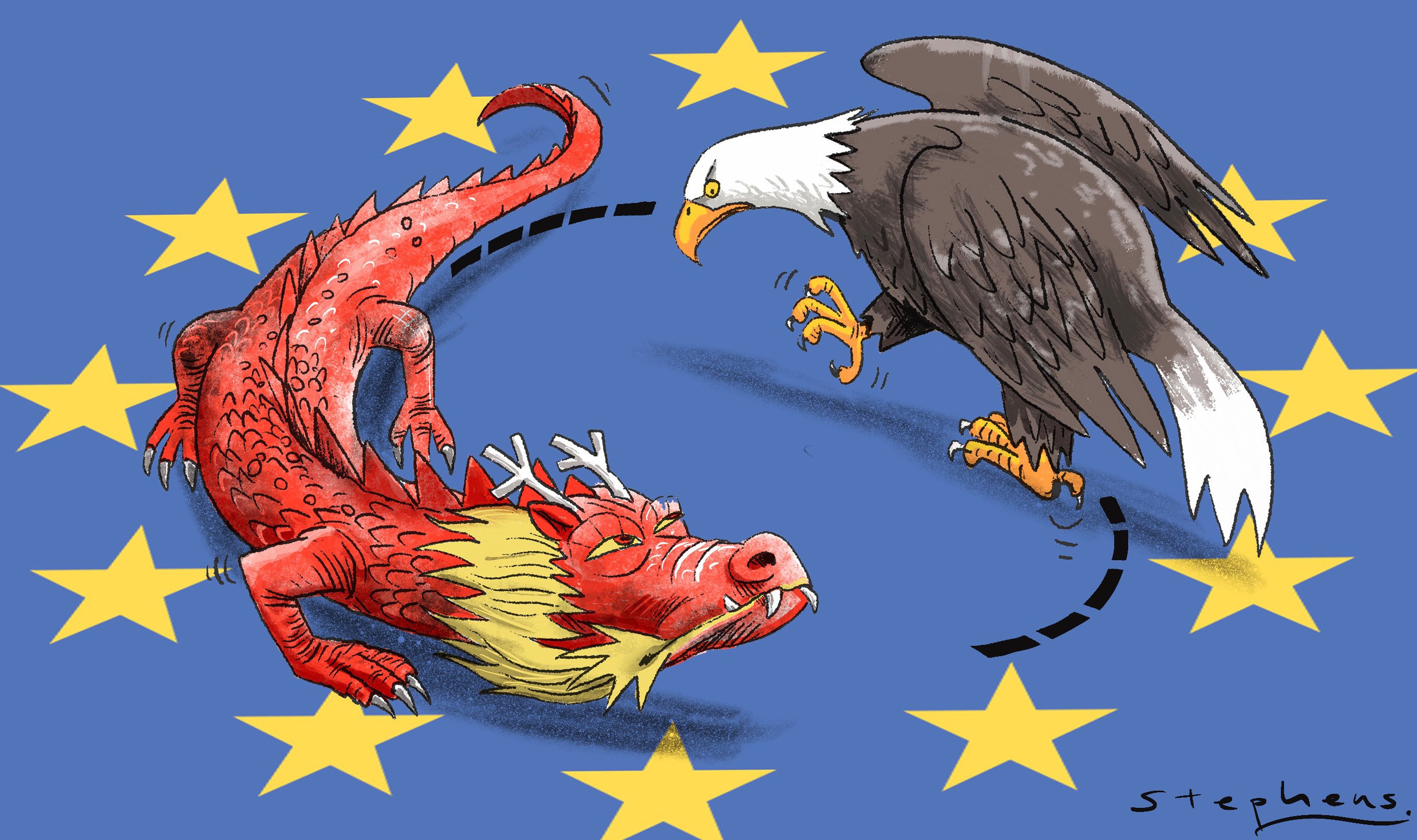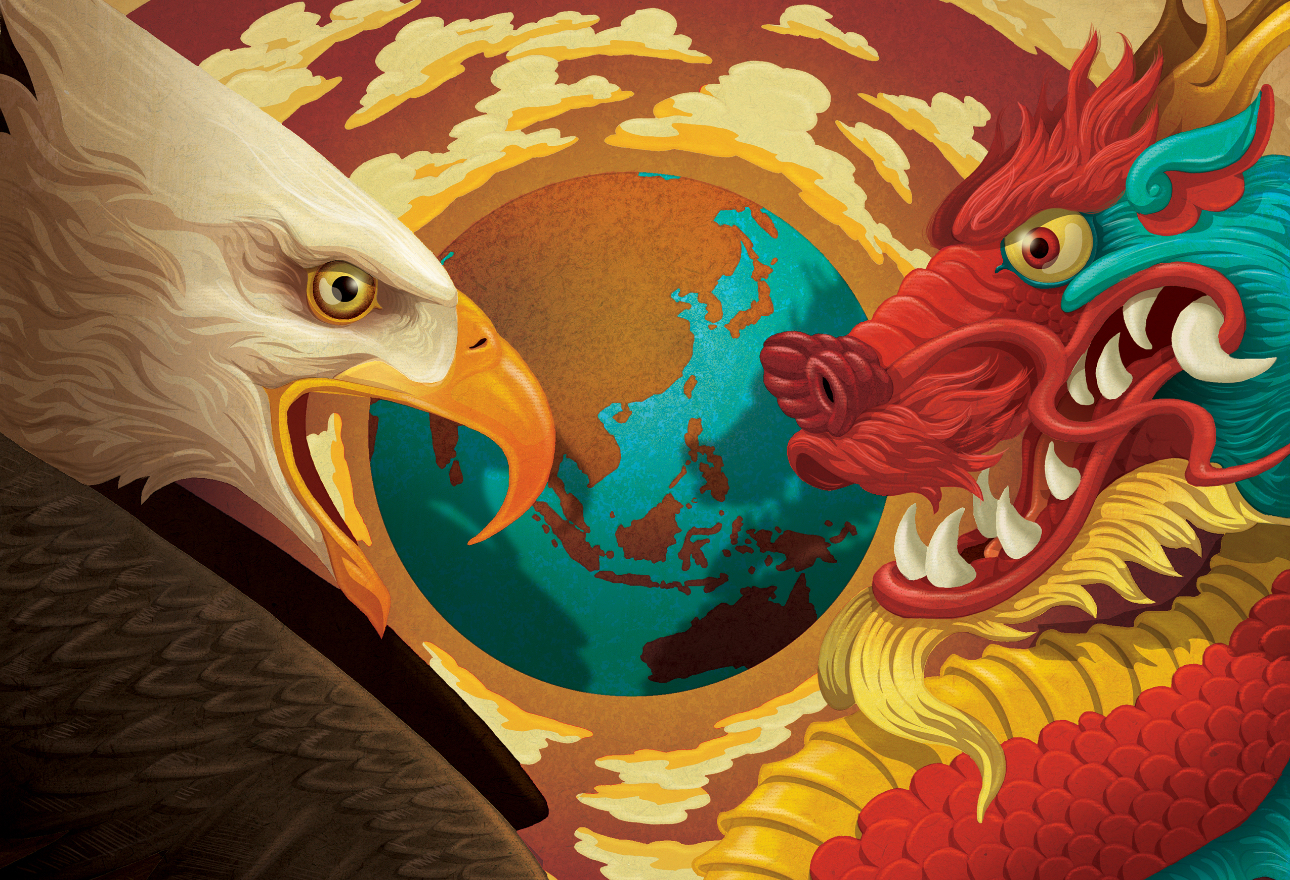"The opening salvo in this year’s debate came in a spring Foreign Affairs article titled “No Substitute for Victory.”
The essay was written by two leading voices on China in the Republican Party in recent years: Pottinger and former U.S. Rep. Mike Gallagher, who led the House select committee on the Chinese Communist Party until leaving office this spring.
- Drawing on their preferred analogy, the Cold War, Pottinger and Gallagher critique what they describe as U.S. President Joe Biden’s policy of “détente” for failing to confront the rising threat from China, which seeks “to disintegrate the West and usher in an antidemocratic order.”
- Instead, they argue that “[t]he United States shouldn’t manage the competition with China; it should win it,” just as it won the Cold War.
They go on to define victory in two parts.
- First, China—under the sustained pressure of assertive U.S. policy—would abandon its efforts to threaten the United States.
- And second, after the flaws of the current Chinese approach are exposed, the Chinese people would lead the country out of authoritarianism.
Pointing to Taiwan as an example of what a future democratic China could look like, the authors conclude:
“The road to get there might be long. But for the United States’ own security, as well as the rights and aspirations of all those in China, it is the only workable destination.”
The vision is strikingly definitive—though, in an August interview with Foreign Policy, Pottinger added some caveats: “Look, if our goal is to have really good, constructive relations with Beijing, that would require Beijing to become a much more humane government that is not compulsively hostile to the outside world and is not compulsively repressive toward its own people. I’m not saying that that must be the destination.”
As for what role the United States should play in promoting their preferred vision for China’s future, Pottinger and Gallagher have been somewhat ambiguous.
- They are clear in their Foreign Affairs article that they do not support “forcible regime change, subversion, or war.”
- Instead, they say that the Chinese people should be the ones to drive change from within.
Whether Trump or Vice President Kamala Harris wins the election in November, U.S. policy toward China is guaranteed to remain hawkish.









No comments:
Post a Comment